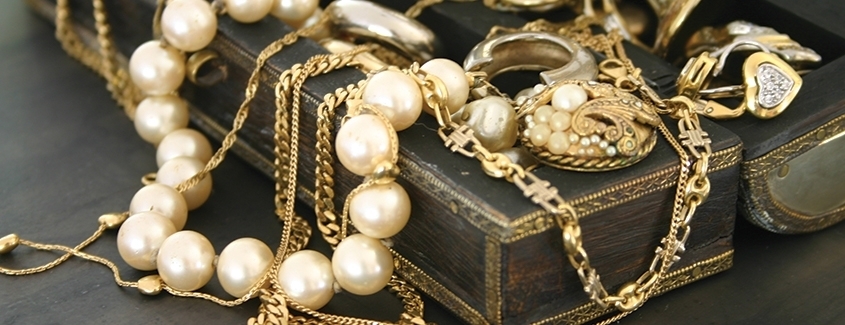Over the years, you may have developed a knowledge and love of wine and picked up a few special bottles, which turned into a few more and, before you knew it, you had an extensive – and expensive – wine collection. What would happen if there was a flood in your home or you experienced a power outage that impacted your temperature-controlled cedar wine cellar?
From wine to art to fine jewelry to exotic cars and yachts, many people fail to recognize these items that they enjoy for their aesthetic or leisurely qualities as the valuable investments they truly are and therefore, don’t properly protect them.
Additionally, as people do estate planning, they also often overlook outlining their plans for these non-traditional valuables, like an antique jewelry collection or Bentley.
Here are five tips to ensure you properly protect your collections:
- Secure Specialized and Periodic Appraisals: Make sure the person appraising your items has expertise in your type of collectible so you get the most accurate appraisal. Re-appraise your collectibles every two to three years and make sure you share them with your financial advisor, insurance company, tax attorney and estate planner so they can understand the value of your collection and the potential risks and benefits within your overall portfolio as well as any implications to your charitable giving wishes or estate planning.
- Keep a Detailed Inventory: Document your collectibles, where and when they were purchased and for how much. Update every time a new item is added to the collection and ensure there’s a complete, properly appraised inventory at all times as well as information on where certificates of authenticity are housed.
- Assemble a Smart and Specialized Advisory Team Early: Work with an insurance firm, financial planner, tax attorney and estate planner who have expertise protecting and planning for the issues associated with these non-traditional investments. It’s important to do this early, as your collection could have implications on your overall wealth, taxes and estate plans as it grows or diminishes in value.
- Properly Insure your Collectibles: Make sure you choose an insurance company with expertise in providing coverage for your unique collection and coverage options that would truly account for their value. These prized collections often mistakenly get tacked onto an existing homeowner’s insurance policy with very limited coverage that would never provide the value they truly hold if they needed to be replaced.
- Make an Early Succession Plan: Whether you want to hand down your fine art collection to your son, donate it to a museum or have it auctioned off for charity, be sure to work with your team to detail your plans and to get their input on how to properly include them in your estate planning.
By treating your collectibles like your other assets, you can enjoy your passions and ensure their potential returns and risks are managed and that they’re properly protected. This will allow you – and your loved ones –to enjoy your collections now and in the future.
Mary McGrath
Sinclair Risk & Financial Management


